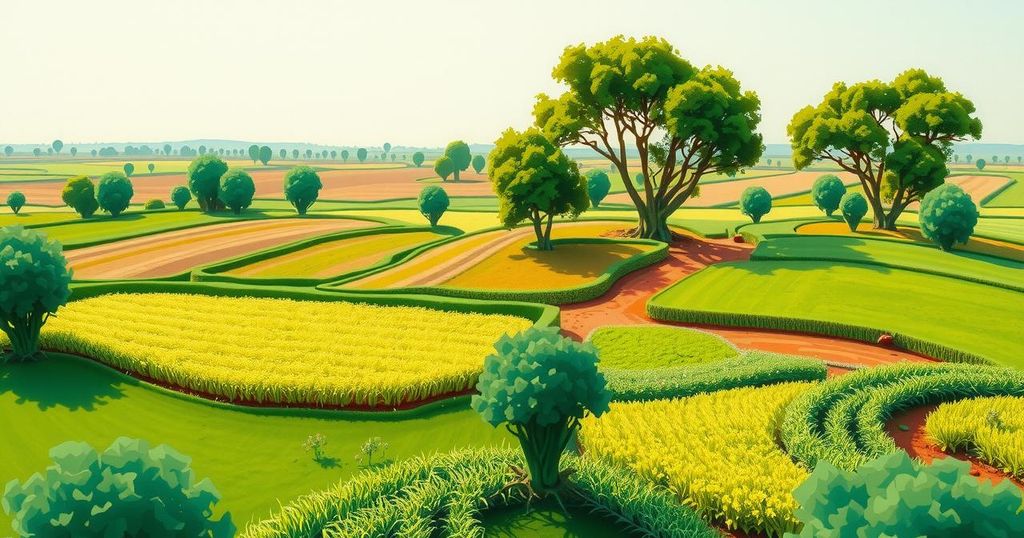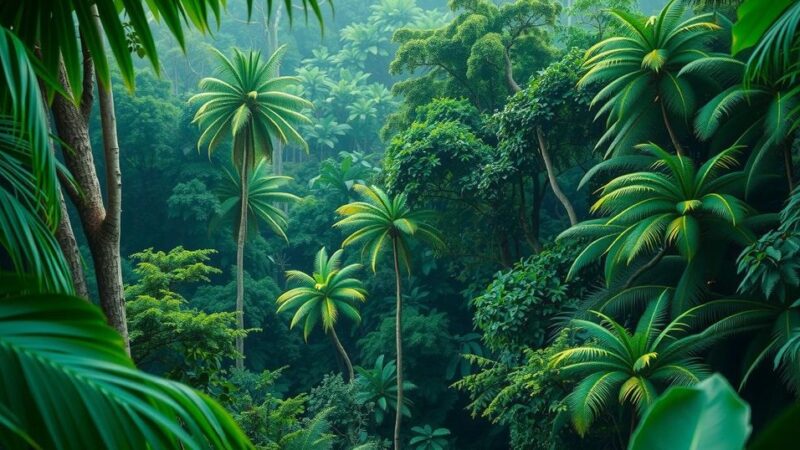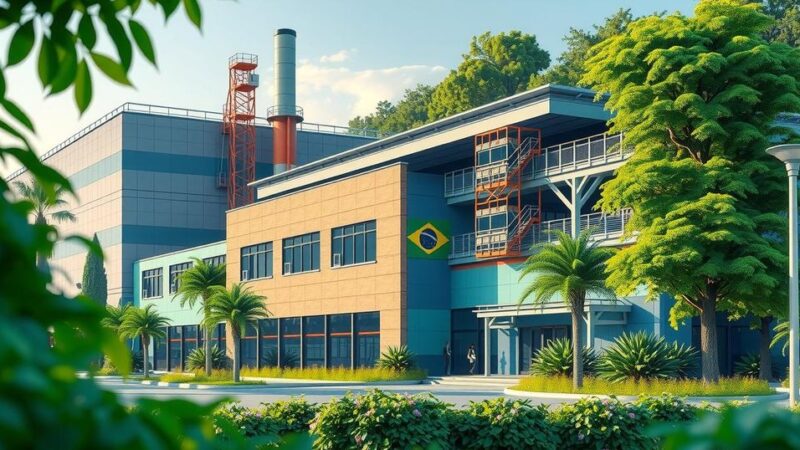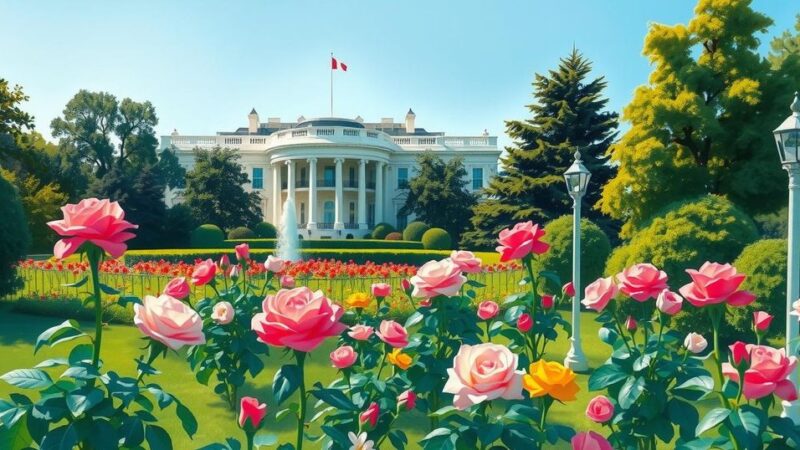Mauritania seeks to enhance its fresh produce sector, driven by untapped agricultural potential, a need for self-sufficiency, and enthusiasm for cultivation. Led by Aichetou Taffa, the country focuses on attracting investors, expanding horticulture, and boosting exports, leveraging favorable conditions and government support to compete in the global market.
Mauritania, a vast country in northwest Africa, aspires to be a major player in fresh produce. This ambition is fueled by its substantial untapped agricultural potential, the necessity for self-sufficiency, and a strong interest in cultivation. Aichetou Taffa, Director of Agricultural Investment and Export Promotion at the National Society for Rural Development, shares this vision for the nation.
Aichetou emphasizes the favorable conditions for agricultural investment, stating, “There is a great appetite to invest in agriculture in Mauritania.” The country benefits from extensive arable land, significant water reserves, and diverse climatic conditions, all conducive to cultivating a variety of crops. The government and Sonader are at the forefront of mobilizing efforts to attract investors.
Historically, Mauritania has gained recognition in the fresh produce market, particularly for its watermelons, which are among the first to reach Europe each season. Aichetou notes, “This experience has been fruitful,” highlighting the success of local players in exporting fresh produce, which has led to foreign investments. The range of products, however, extends beyond watermelons, with potential for other early vegetables and fruits to meet market demand.
Horticulture is a priority sector due to its importance for domestic food security. However, Aichetou points out, “the local market is limited,” necessitating export efforts to compete globally. Mauritania seeks to align itself with other regional players like Morocco and Egypt in supplying large volumes of fresh produce.
The country is making significant progress in enhancing its agricultural export capabilities. Aichetou informs that the port of Nouakchott is undergoing substantial upgrades. Efforts by Sonader include reclaiming arable land, constructing irrigation canals, and training numerous growers and cooperatives, positioning Mauritania favorably in the export market.
Several countries, including Morocco, the UAE, France, and Sudan, are already investing in Mauritania for fresh produce cultivation. Aichetou concludes, “We are preparing the ground for more growers” by creating a robust platform for exporters and identifying sectors where technology and expertise play a critical role.
In conclusion, Mauritania’s drive to enhance its agricultural potential presents significant opportunities for investment in the fresh produce sector. With strong government support and favorable agricultural conditions, the nation is poised to expand its role in the international market, particularly in horticulture, while ensuring food security for its people. The commitment to infrastructural improvements and collaboration with foreign investors reflects a strategic approach to agricultural development.
Original Source: www.freshplaza.com






